Highlights
- July felt like Wikidata month at Wiki Education! This month we launched two exciting ways to learn about Wikidata: in person workshops and online courses. We facilitated our very first Wikidata workshop, a day-long, in person meeting hosted by METRO in New York. The 14 participants in this course added nearly 160 references to Wikidata and edited over 80 items. There were more than 300 total edits and eight new items were created. We also debuted our virtual Wikidata courses this month! We started our beginner’s Wikidata course, Join the Open Data Movement, and an intermediate course, Elevate Your Collections. These two virtual courses are geared toward connecting library resources and librarians to Wikidata. We are eager to get to know the 22 participants and look forward to the contributions they will make to Wikidata.
- In July we shipped major new features from two of our summer interns, along with an initial batch of improvements to the student user experience. Amit Joki completed the main feature planned for his Google Summer of Code internship project: a much more intuitive way to pick which wikis to track for programs on the global Programs & Events Dashboard. During the program setup process (or later on), program leaders can now explicitly see and change the set of wikis that will be tracked. Khyati Soneji also completed the main feature planned for her Outreachy internship project: the Dashboard now keeps track of the number of references added by each revision (limited to English Wikipedia and Wikidata so far).
Programs
Wikipedia Student Program
Status of the Wikipedia Student Program for Summer 2019 in numbers, as of July 31:
- 42 Wiki Education courses were in progress (25, or 60%, were led by returning instructors)
- 685 student editors were enrolled
- 64% of students were up-to-date with their assigned training modules
- Students edited 555 articles, created 66 new entries, and added 335,000 words and 2,980 references
Our Summer 2019 courses were in full swing in July, and while 42 courses is a far cry from our Fall and Spring loads, it’s nothing to scoff at either. Though typically shorter in duration, many of our summer courses make the Wikipedia assignment a central part of the curriculum to ensure that students get the training they need to make successful Wikipedia contributions.
Wikipedia Student Program Manager Helaine Blumenthal spent much of July recruiting for the Fall 2019 term, resulting in 100 course pages ready to go on the Dashboard. She also spent a considerable amount of time reviewing the results of the Spring 2019 instructor survey and will be either implementing or exploring new ways to improve the quality of the Student Program during the coming academic year.
Senior Wikipedia Expert Ian Ramjohn joined 1,200 plant biologists at the Botany 2019 Conference “Sky Islands and Desert Seas” in Tucson, Arizona. Ian engaged conference attendees in conversation about the role of Wiki Education’s platform and tools in science education and science communication.
Student work highlights:
Several classes chose to edit or create new articles for books, and Matthew Dischinger’s class on Atlanta in Contemporary Culture at Georgia State University was no exception. His students focused on several books, two of which were Thomas Mullen’s Darktown and James Baldwin’s The Evidence of Things Not Seen. Both books focused on the history of Atlanta, however Darktown is a historical fiction novel set in Darktown Atlanta during the 1940s while Baldwin’s book is non-fiction and looks at the Atlanta Child Murders. Mullen’s Darktown follows two African-American police officers, both fictionalized depictions of Atlanta’s first eight African-American police officers. They’re assigned to the murder of a young African-American woman, however the racist present both within the legal system and without makes finding justice for the deceased difficult. The author was inspired to write the novel after reading Where Peachtree Meets Sweet Auburn: A Saga of Race and Family and finished his first draft after Michael Brown was shot. It was met with critical praise upon its release and so impressed Jamie Foxx that he purchased the rights to the series in order to turn it into a television series.
The origin of The Evidence of Things Not Seen began when Walter Lowe, the first black editor at Playboy magazine, asked James Baldwin to write a story concerning Atlanta’s missing children. From there Baldwin began researching and soon began work on the book. Within its pages Baldwin looks at not only the murder, but also the race relations within the city. He found that the relationship between the African-American community and the police, particularly the African-American police-officers, was a difficult one as the community felt that they couldn’t trust the police or even the African-American officers, something that Baldwin noted seemed to sting for the black officers. He wanted the book to be more than just a recording of the crimes and resulting trial, as he wanted to understand Atlanta and the people working to discover the killer and provide support to the parents of missing children. Since its release in 1985, this book has been met with praise and been the focus of many journal articles.
Women have and will continue to contribute much to the world of science and technology, especially as many areas continue to introduce or beef up their STEM programs for young girls and women. However even as we look to the future, it’s important to remember the past — especially as women are often overlooked or downplayed in the annals of scientific history. These thoughts were no doubt at the forefront of the minds of the students attending Alexandra Edwards’ Writing Women Back into Tech History class at the Georgia Institute of Technology. Her students created 11 new articles, two of which are on Erna Hamburger and Anne-Marie Staub. Erna Hamburger was a Swiss engineer and the first woman in the history of Switzerland to be named a professor at a STEM university, when she became professor of electrometry at the University of Lausanne. Prior to this appointment this powerhouse challenged gender roles by becoming the first female student in her engineering classes and received an engineering-electrician diploma and a doctorate in technical sciences from the École Polytechnique Fédérale de Lausanne (EPFL). After this she joined the Swiss army and worked as an electrical engineer at Paillard SA in Sainte-Croix, Switzerland, before taking on the job as the head of work at the electrotechnical laboratory at EPFL, among other work positions. One of her major innovations was her creation of an apparatus for radio-wave reception and her radio-wave research included topics such as a system of optical registration from tone frequencies and ultra-short waves. Hamburger was also a staunch advocate of higher education and in 2006 the Erna Hamburger Prize was created to honor her lasting legacy and memory.
The life and career of Anne-Marie Staub is just as impressive. Staub was a French biochemist who spent most of her career at the Institut Pasteur. Her work on antihistamines, serology, Salmonella, tyvelose, and immunology earned her several awards and honors. From the start Staub proved herself to be extraordinary, learning to read and write from her mother and earned several degrees in general mathematics, chemistry and general physics, physiology, and biochemistry from the Sorbonne. She later added to her education by attending microbiology courses at the Institut Pasteur from 1935 to 1936, before joining the institute to work on her PhD thesis. She worked alongside Daniel Bovet and her first published works helped lead to the discovery of antihistamines. Like so many women in STEM fields, her contributions to Bovet’s Nobel Prize winning research have been largely forgotten despite Bovet crediting her in his 1957 Nobel lecture and the award presenter mentioning her in his speech. Not one to let anything slow her down, Staub worked on vaccines for anthrax while also teaching French, German, and first aid to soldiers engaged in World War II. From there she continued to work in her field and from 1955 to 1975 took part in research on antigens of Salmonella, identifying tyvelose as a component of the O-antigen of Salmonella. It’s thanks to Alexandra’s students that Wikipedia now has an article that shows her indelible mark on history so that current and future generations can read of her accomplishments.
When the Randolph County High School was founded in Wedowee, Alabama, principal Moses R. Weston could not have predicted the events that would unfold over the course of the next 85 years. Within three months of the school opening its doors the first school building would be destroyed by a large fire, necessitating the construction of a new high school or that the students would be moved to a new location in 1938. The school would later become the focus of a controversy in 1994, when then principal Hulond Humphries threatened to cancel the prom if any students chose to attend prom with someone of a different race. This threat was bravely challenged by ReVonda Bowen, a young lady of mixed race who asked who she should take to prom. However rather than admit that what he was doing was wrong, he instead told her that her your parents “made a mistake, having a mixed-race child.” Bowen filed a lawsuit against Humphries over his remarks and he was put on paid leave, however he was reinstated after only two weeks as neither he nor the school district admitted wrongdoing. In August 1994 the school caught on fire and media outlets such as Jet linked the fire to Humphries’ racist remarks about a year prior. As a result Humphries resigned as principal and took a position with the school district’s central office, overseeing the rebuilding of the school. The son of a local black protest leader was charged with the crime, however as there was no evidence the young man’s lawyer was able to get him acquitted. This school and its tumultuous history would likely have not had its own article if not for a student in Dr. Michel Aaij’s English Comp I class at Auburn University, Montgomery.
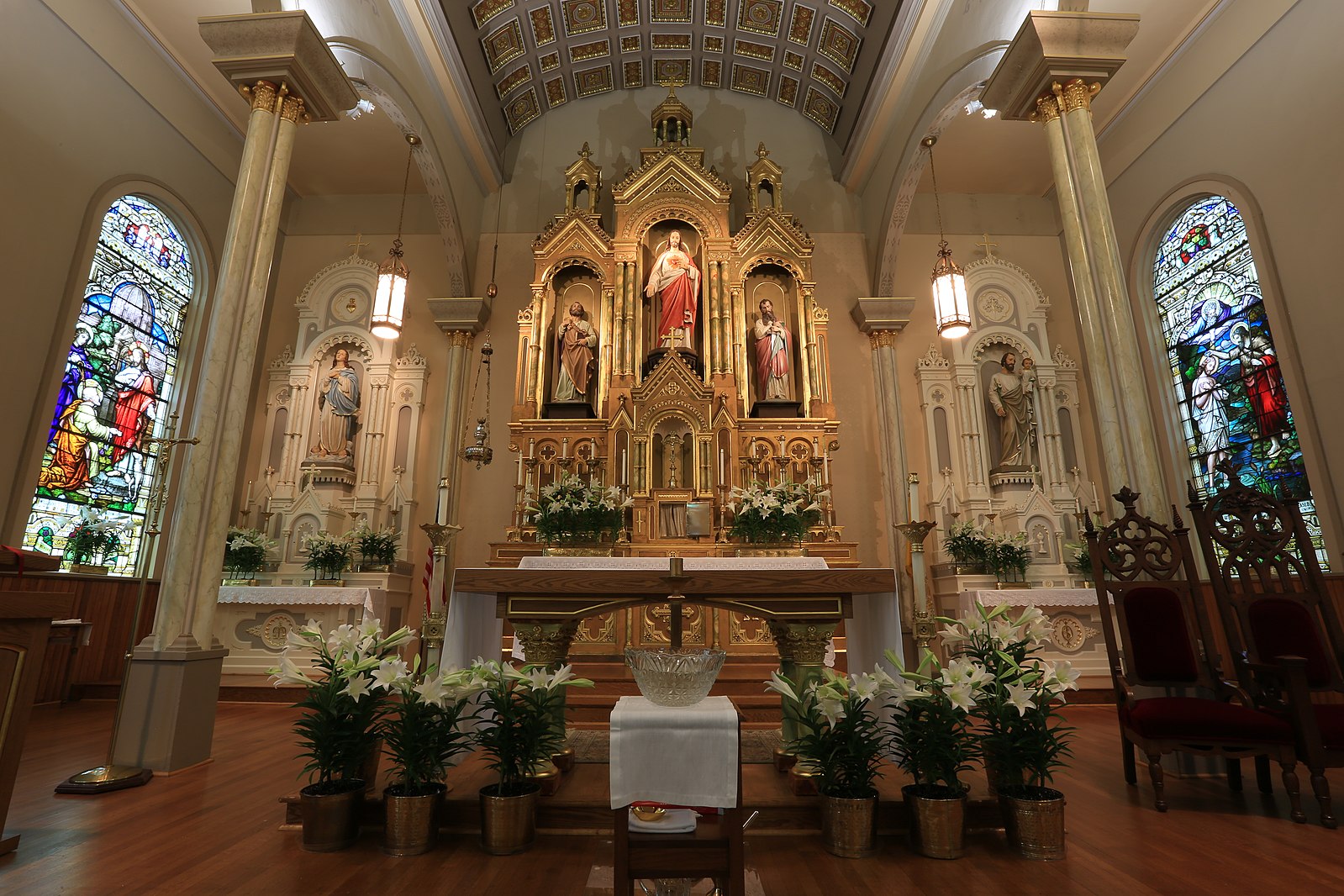
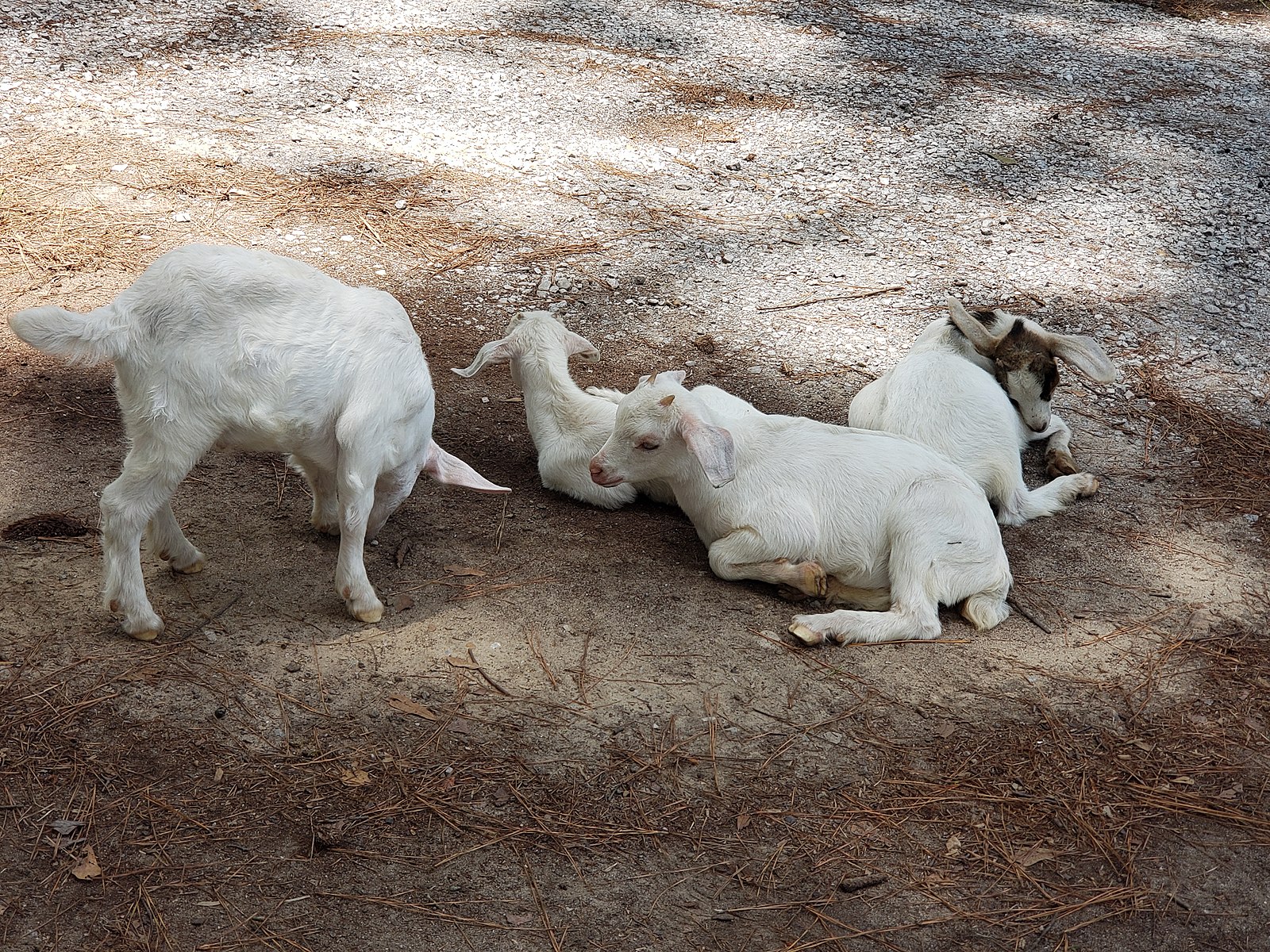
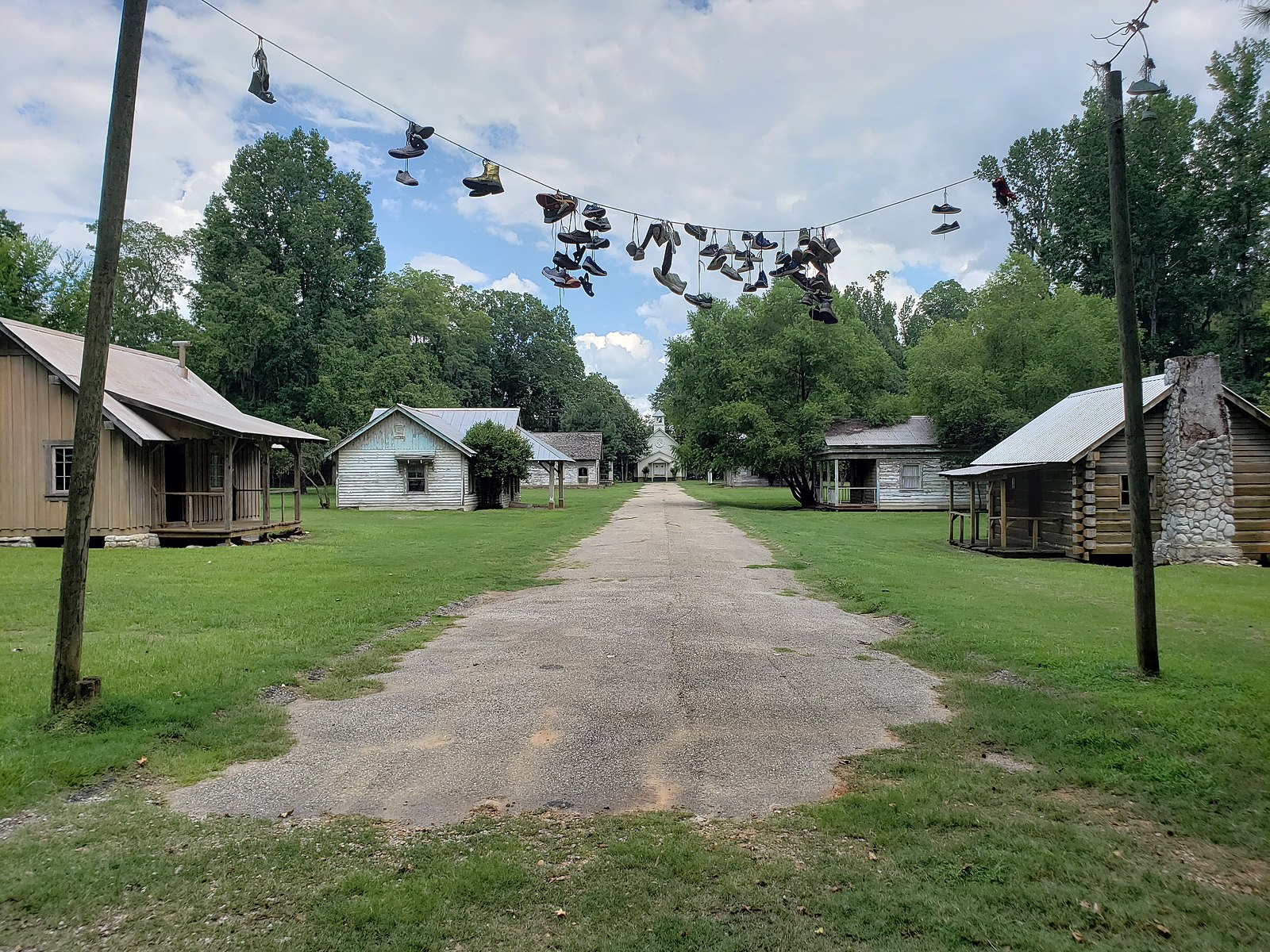
This summer Salisbury University professor Dr. Lena Woodis wanted her students to look at Big Ideas in Chemistry. They did more than just look, as one student chose to expand the article on Andreas Libavius. Hailed as a Renaissance man, Libavius was taught at the University of Jena and then became a physicist at the Gymnasium in Rothenburg before founding the Gymnasium at Coburg. However his interests was not limited to this as Libavius was interested in practicing alchemy, the foundations of which paved the way for modern day chemistry. He wrote several books on the topic, one of which, Alchemia, was one of the first chemistry textbooks ever written. Like many alchemists of the time, Libavius believed in chrysopoeia (χρυσοποιία), or the ability to transmute a base metal into gold. Along with alchemy texts Libavius also wrote on the subject of medicine and put out one of the first German medical texts as well as a four volume collection of lectures on natural science. However while relatively much is known about his works, little is known about his personal life. It’s known that he had four children and that he died in July 1616, however the name of his wife is uncertain.
Many people are aware of the cruel witch hunts that took place throughout the world, however some might be surprised that people are still accused of witchcraft. Possibly one of the most heinous accusations are against people who are not in a place to defend themselves or get out of a bad situation. Children are not exempt from these witchcraft accusations and solidly fall into the realm of those unable to defend or deflect these accusations. This is likely why one student in Joanna L. Pearce’s Applied History Project at the University of Waterloo chose to edit on the topic. Accusers may use one or more rationales to back up their claims, such as the child’s parentage — if a parent was a witch, the child must be as well. In Africa some believe that AIDS-related illnesses and deaths are a result of witchcraft. If a child is accused, this can lead to the family abandoning the child and the community shunning or punishing them. There are groups such as Safe Child Africa (formerly Stepping Stones Nigeria) aimed at helping these children and raising awareness in hopes of reducing the chances of this happening again in the future.
Smoked meat is a popular form of meat preservation that is practiced throughout the world. It has been used in the past to preserve food, as people lacked easy access to cold storage. It also helped to prepare them for times when food would otherwise be scarce. There’s almost no end to the types of meat that can be smoked; in Africa much of the fish caught is smoked via a heat smoker, as this is the taste preferred by local consumers. In the United States many citizens are fond of bacon and American barbecue, which which evolved from smoking techniques from Europe and Central Asia, combined with the Native American techniques. If you traveled to Scotland or to a grocery store that has it available, you could have Finnan haddie, cold-smoked haddock, which is representative of a regional method of smoking with green wood and peat and had its start in the village of Findon, during medieval times. With all of this variety, it’s not a surprise that a student in Timothy Henningsen’s Research, Writing, and the Production of Knowledge class at the College of DuPage chose to expand this article.
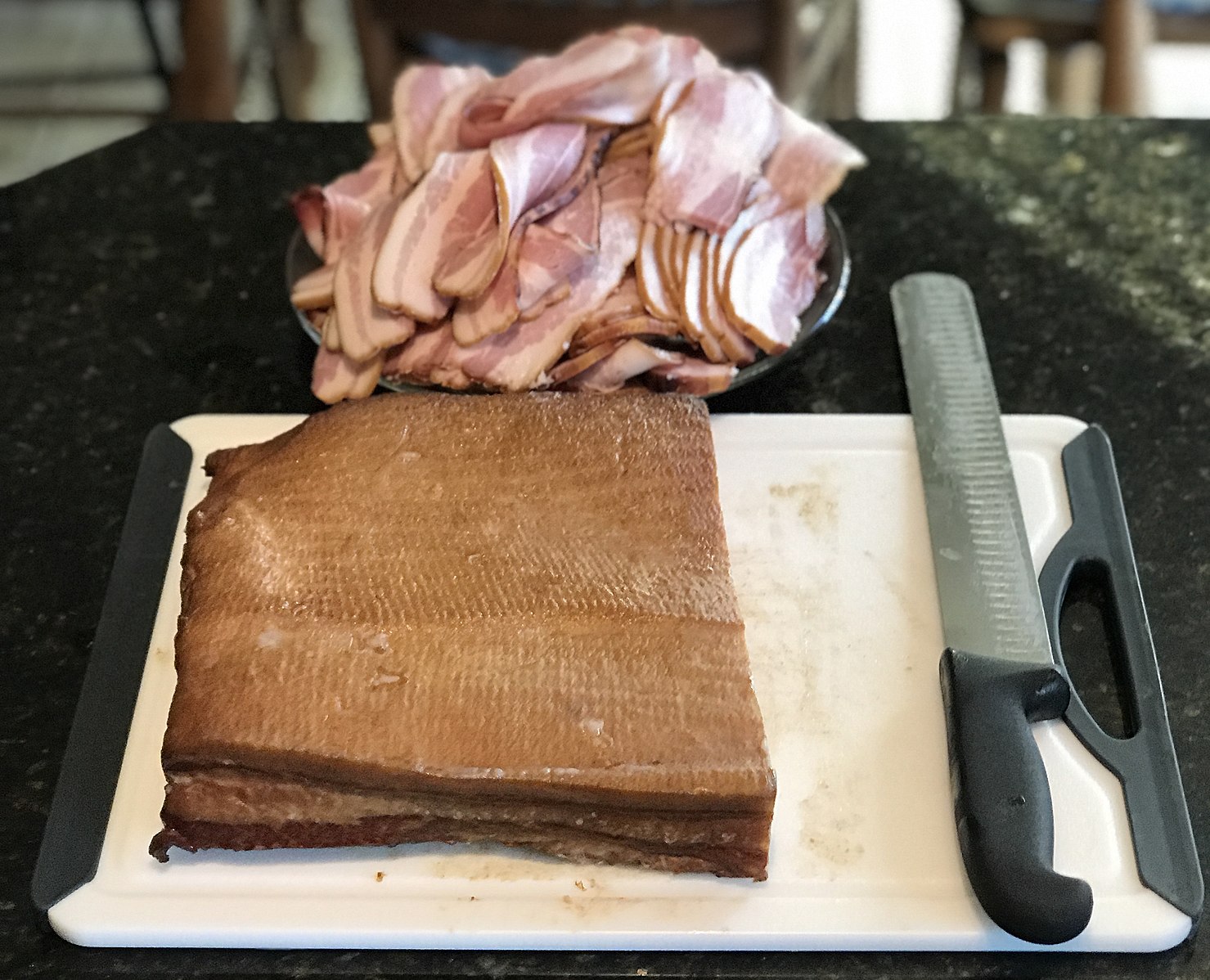
Scholars & Scientists Program
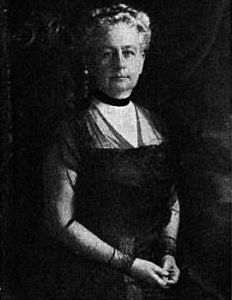
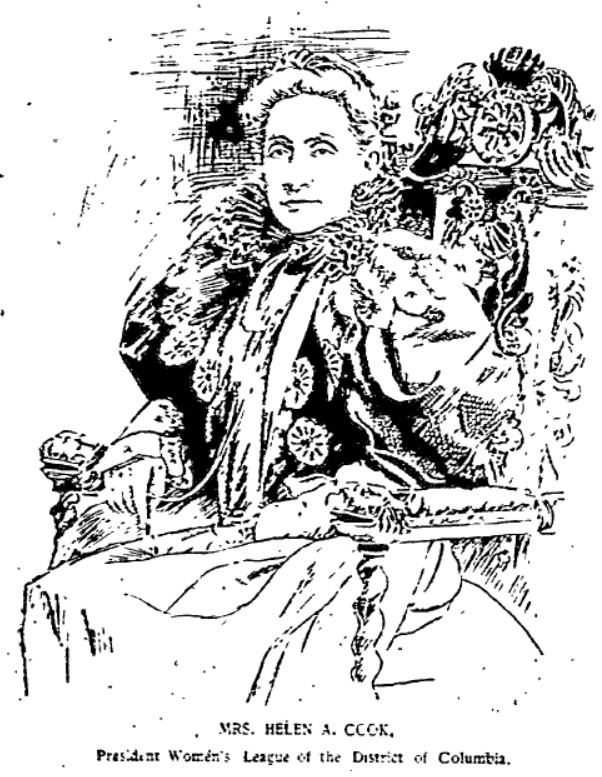
This month we had five Scholars & Scientists courses active on Wikipedia, in addition to our new Wikidata courses. Four of the five courses started to hit their stride this month, with a lot of exciting contributions to articles. The fifth just got started, but is already identifying some crucial topics for improvement.
In the course we’re running with the Colorado Alliance of Research Libraries, participants have been hard at working improving a wide range of scholarly and historical subjects:
- Research question and classical reception studies. Wikipedia is known to struggle with articles on basic academic terms and on academic fields themselves. We were thus excited to see two scholars competently tackle these important topics which otherwise don’t see much activity on Wikipedia.
- Florence Knoll, an architect, interior designer, furniture designer, and entrepreneur who died earlier this year. She had a major impact on office design. Among other things, she fought against gender stereotypes in professionalizing the field of interior design.
- Great Lakes Theater, a classic theater company in Ohio founded in 1962.
- Milicent Patrick (1915–1998), who worked as makeup artist, actor, special effects designer, and animator. She is known for creating the head costume for the titular Creature from the Black Lagoon in 1954.
- Black Girl Magic, a movement the Huffington Post said aims to “celebrate the beauty, power, and resilience of Black women.”
In our two courses run in collaboration with the National Archives, Scholars continued to improve articles on women’s suffrage and suffragists, celebrating the centennial of the Nineteenth Amendment. We have been consistently impressed with the great impact Scholars are having on Wikipedia’s coverage of these topics at a time when we know the public is looking for more information about them:
- Helen Appo Cook (1837–1913) was an African American community activist and leader in the women’s club movement. In 1898 she publicly admonished Susan B. Anthony for failing to support universal suffrage. The Until a Wiki Scholar created it, Wikipedia did not have an article on this important and influential suffragist.
- Both before and after the ratification of the Nineteenth Amendment, the fight for women’s right to vote was not just a national movement. Each state has its own suffragists, events, organizations, proposals, laws, implementations, and opposition, but only a few states have Wikipedia articles which go into depth about those histories. Several of the current Scholars have focused on these more local histories: women’s suffrage in Wyoming, timeline of women’s suffrage in California, women’s suffrage in California, women’s suffrage in Virginia, Equal Suffrage League of Virginia, and several sections of women’s suffrage in states of the United States.
- Lila Meade Valentine (1865–1921) was an education reformer, health-care advocate, and leader in Virginia’s movement for women’s suffrage.
- Louise DeKoven Bowen (1859–1953) was a Chicago-based reformer, civic leader, philanthropist, and suffragist.
- Anna Whitehead Bodeker (1826–1904) led the earliest attempt to organize for women’s suffrage in Virginia.
We are also running two courses with the Society of Family Planning. Though the second course just started this month, participants in the first course are making great contributions to Wikipedia articles on abortion and contraception:
- Tubal ligation, the surgical procedure commonly known as having one’s “tubes tied,” is one of the most popular forms of contraception. The article receives more than 550 pageviews every day. Over the past month it was significant expanded and improved by a Wiki Scientist, who is now responsible for 89% of the article.
- An abortion fund is a non-profit that provides assistance to low-income women who cannot afford the costs of an abortion. The article was expanded, many parts rewritten, and many sources added or replaced by a Wiki Scientist.
- The osmotic dilators article was a short stub with some outdated citations before a Wiki Scientist updated it and more than doubled its content.
- Other Wiki Scientists fixed errors, updated statistics, expanded sections, or improved citations in the articles on emergency contraception, dilation and evacuation, late termination of pregnancy, mifepristone, and the main abortion article.
Wikidata
In July, we launched two exciting ways to learn about Wikidata: in person workshops and online courses.
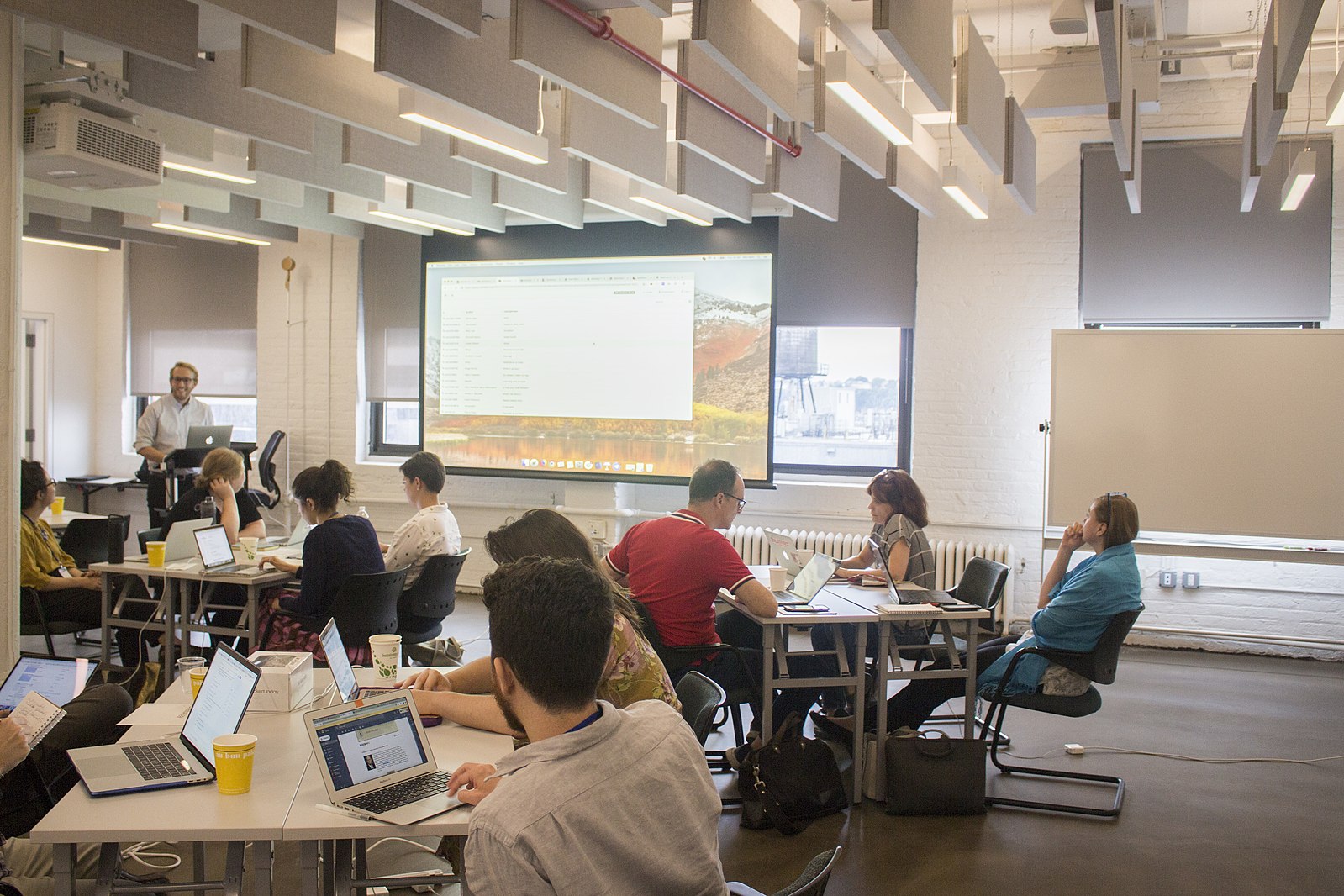
We facilitated our very first Wikidata workshop, a day-long, in person meeting hosted by METRO in New York. The curriculum for this workshop was a blend of beginner and intermediate Wikidata concepts, balancing presentations around various Wikidata fundamentals accompanied by live editing sessions. We had 14 participants sign up for this workshop, all of whom contributed to Wikidata during the course of the day. President of Wikimedia-NYC Megan Wacha and Wikimedian-in-Residence at the University of Virginia’s Data Science Institute Lane Rasberry were kind enough to take the time to speak to the participants about ways to participate in the Wikidata/Wikimedia movement on a regular basis. In addition to fostering community around Wikidata with librarians from the New York region, we’re excited to see further develop in-person curricula as well as our online course offerings.
Participants in this course added nearly 160 references to Wikidata and edited over 80 items. There were more than 300 total edits and eight new items were created! We are extremely pleased with the results of the workshop and look forward to facilitating more in the future.
Speaking of online courses, we also debuted our virtual Wikidata courses this month! We started our beginner’s Wikidata course, Join the Open Data Movement, and an intermediate course, Elevate Your Collections. These two virtual courses are geared toward connecting library resources and librarians to Wikidata. They will both be six weeks long, covering Wikidata policies, showcasing tools, sharing best editing practices, and connecting participants to the Wikidata community. The participants come from libraries, museums, and beyond. We are eager to get to know the 22 participants and look forward to the contributions they will make to Wikidata.
Visiting Scholars Program
Northeastern University Visiting Scholar Rosie Stephenson-Goodknight wrote two articles on notable women writers this month. Emily Gilmore Alden (1834–1914) was an author and educator on the faculty of Monticello Seminary, serving as the school’s poet for almost half a century. Amelia Minerva Starkweather (1840–1926) was an educator and author who spent much of her life working on philanthropic and charitable enterprises. Neither of these women had articles on Wikipedia before Rosie wrote their stories.
In 1954 President Dwight Eisenhower vetoed a coin intended to commemorate the 150th anniversary of the Louisiana Purchase. It passed both houses of Congress, but Eisenhower worried about getting into the habit of costly celebrations when it wasn’t clear there was much interest, but that there was potential for counterfeiting. The article about that proposed coin, the Louisiana Purchase Sesquicentennial half dollar was brought to Featured Article level this month by George Mason University Visiting Scholar Gary Greenbaum.
Andrew Newell, Visiting Scholar with the Deep Carbon Observatory, started an interesting new article on the deep biosphere, part of the biosphere below the first few meters of the surface and goes 5 or more kilometers below the continental surface and 10.5 kilometers below the sea surface.
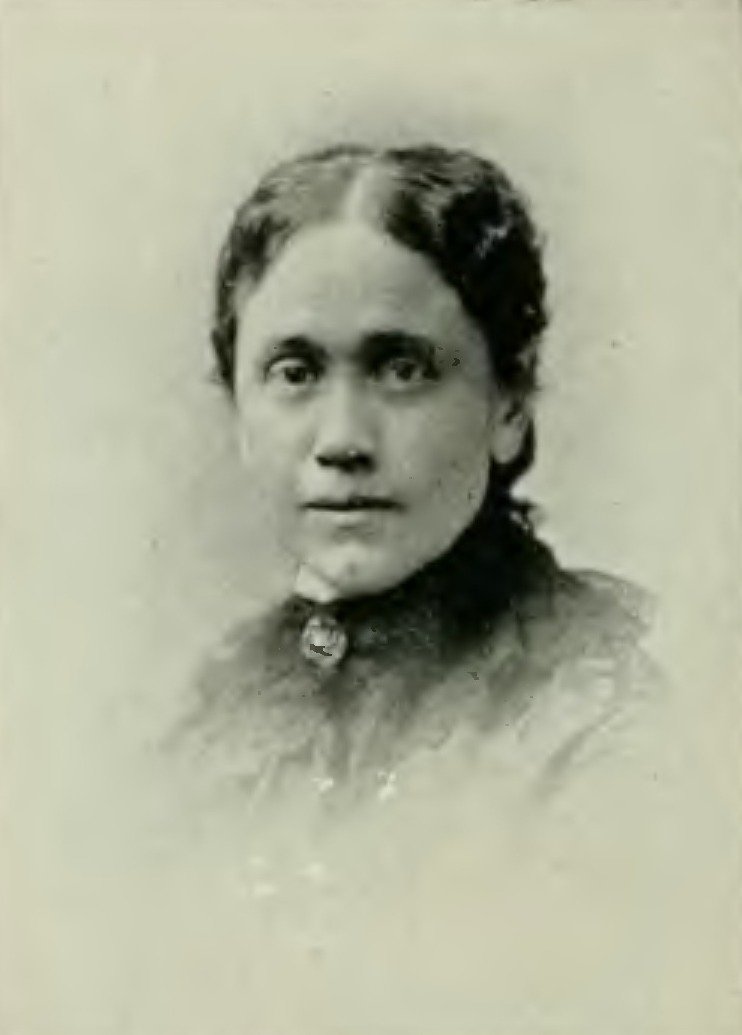
Advancement
Partnerships
In July, we were thrilled to confirm a new Wiki Scientists course with the National Science Policy Network (NSPN). NSPN is sponsoring an upcoming Wiki Scientists course as part of their 2020 Election Initiative. The initiative highlights the importance of rigorous science in policy making in the United States and offers early career scientists a way to get involved.
The course will run from September 6–November 22, as our team of Wikipedia experts guides participants through the process of contributing high quality content to Wikipedia. While these early career scientists make critical scientific knowledge more accessible to the public, they’ll hone their science communication skills.
Fundraising
In July, we got a commitment for an 18-month unrestricted grant of $700K from the William and Flora Hewlett Foundation. This grant will give us the freedom and flexibility to work toward our current annual plan goals, as well as our longer-term strategic goals.
We continued our fundraising efforts by submitting letters of inquiry to the Bernard and Audre Rappoport Foundation and to the Leighty Foundation. We received a welcome response from the Leighty Foundation, with an indication that they will make a small, unrestricted donation (less than $10K) to Wiki Education.
We submitted our mid-year report to the Wikimedia Foundation and the report was approved. We expect a release of our second payment for this grant in early August.
Finally, Chief Advancement Officer TJ Bliss had several conversations with several funder partners who agreed to make introductions and connections to other potential funders. He also spoke with a high-net worth individual who is interested in work that Wiki Education might do in the future related to K–12 education.
Communications
We featured some guest blog posts on our site this month. Alliana Drury, an undergraduate student at Indiana University of Pennsylvania, urges educators in higher education to adopt Wikipedia writing assignments after she completed one herself. And Dr. Jason Todd the story of his students at Xavier University of Louisiana, who dramatically improved the Wikipedia article of their local town, saving the area from erasure in cultural memory.
And as a conclusion to the Spring term, Wikipedia Student Program Manager Helaine Blumenthal shared some take-aways instructors had once their Wikipedia assignments ended.
NC State University College of Natural Resources published a great article on the impact of Wikipedia assignments conducted at the university. And the Deep Carbon Observatory shared the impact of their members taking our professional development courses to learn Wikipedia editing themselves.
Blog posts:
- Wikipedia’s place in higher education (July 9)
- Take an active role in shaping how the world understands science (July 11)
- Wiki Education at the LD4 Conference (July 19)
- Unerasing Gert Town (July 22)
- Counteracting the gender gap in economics through Wikipedia (July 23)
- Looking back to look ahead (July 24)
- Why instructors join our open pedagogy community (July 26)
- Curing academic writer’s block by editing Wikipedia (July 29)
- Japanese women change-makers of the 20th century (July 30)
External media:
- Taking Your Student from Information Searcher to Wikipedian: A Q&A with Gardner Campbell. Mary Grush. Campus Technology. (July 8)
- Who Edits Wikipedia Articles? Berkeley Bryant. NC State University College of Natural Resources News. (July 15)
- Scientists in the Deep Carbon Observatory Heed the Call to Improve Wikipedia. Deep Carbon Observatory. (July 29)
Technology
In July we shipped major new features from two of our summer interns, along with an initial batch of improvements to the student user experience.
Amit Joki completed the main feature planned for his Google Summer of Code internship project: a much more intuitive way to pick which wikis to track for programs on the global Programs & Events Dashboard. During the program setup process (or later on), program leaders can now explicitly see and change the set of wikis that will be tracked. This was previously possibly only through a somewhat confusing workaround, and addresses the most frequently-asked question from new program leaders.
Khyati Soneji also completed the main feature planned for her Outreachy internship project: the Dashboard now keeps track of the number of references added by each revision (limited to English Wikipedia and Wikidata so far). This is the first time any metrics tool we know if in the Wikimedia ecosystem has supported ‘references added’ statistics.
Both Amit and Khyati started work on stretch goals this month. Amit’s next feature will allow individual articles to be ‘untracked’ for a course or program — a feature especially useful for thematic editathons where active editors participate and may make unrelated edits during the time period being tracked. Khyati’s new feature will add the option to scope a program’s statisitics based on a query from the powerful PetScan tool, which provides finer-grained control than the category- or template-based scoping we’ve had previously.
The ‘My Articles’ section of Dashboard course pages for students saw several improvements, including better handling of sandbox locations for the article(s) students are working on. In particular, when students are working in a group, they are now all pointed to the same sandbox to collaborate. This lays the groundwork for bigger changes that Software Developer Wes Reid has been designing for the Fall 2019 and Spring 2020 terms.
Finance & Administration
Overall expenses in July were $165K, (25K) less than the budgeted plan of $190K. Programs were under by ($18K) due to travel ($12K) and Communications ($2K). General and Administration were under by ($6K) due to a combination of timing, including taxes renewed the prior month ($5K), Cultivation Event ($4K), Professional Services ($2K), and an uptick in Shared expenses +$6K. While both General and Administration and Fundraising were both under by ($1K) each due to vacation use accrual. Governance was right on budget for the month of July.
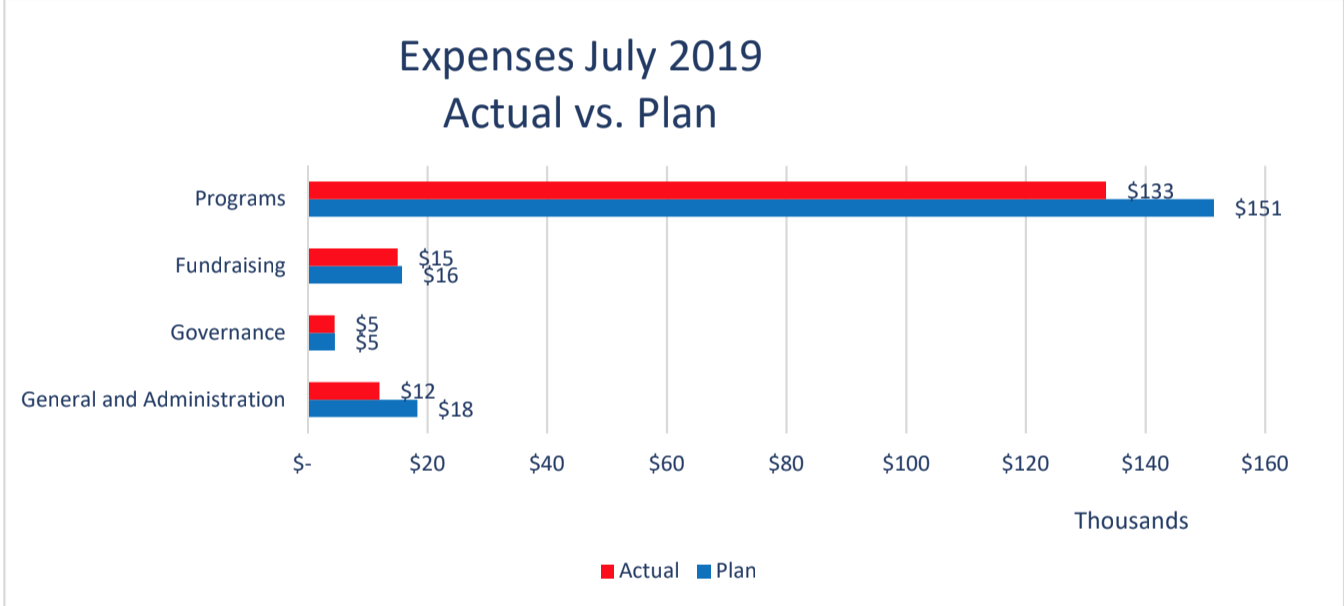
Office of the ED
Current priorities:
- Preparing for the upcoming quarterly finance and audit committee meeting
- Continuing to experiment with different earned income models
- Improving the coordination of work between the Advancement and the Programs department
In July, Frank went on kin care for the first half of the month, so he could take care of his wife who underwent neurosurgery. During the second half of the month, Frank conducted a postmortem for the NARA pilot, prepared his keynote for the quality track at this year’s Wikimania in Stockholm, provided feedback to the Wikimedia Foundation’s new strategy, created a draft budget for one of our new grant proposals, and performed other day-to-day duties in his double role as Executive Director and acting CFO. Also in July, Frank met twice remotely with Meaghan Duff, Senior Vice President of Partnerships and Strategy at Faculty Guild, a faculty professional development project, in order to learn from each other’s experiences in generating earned revenue.
* * *
